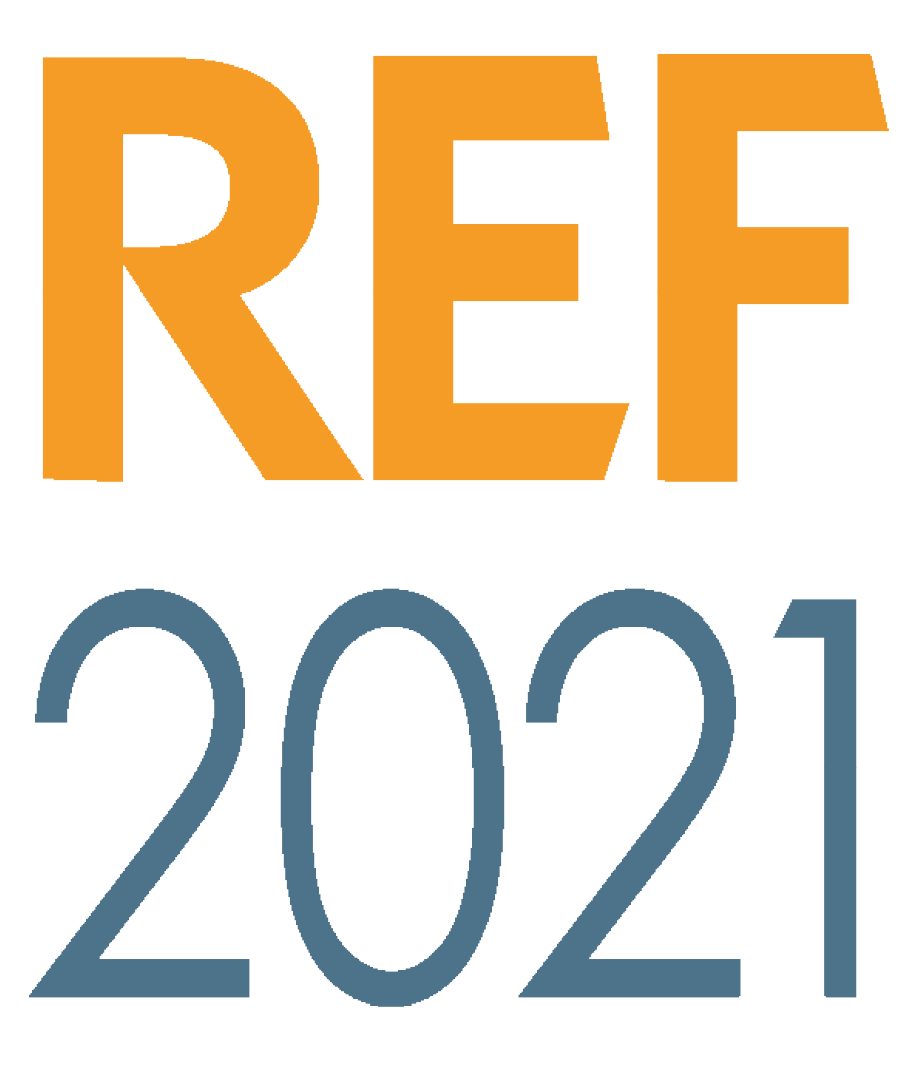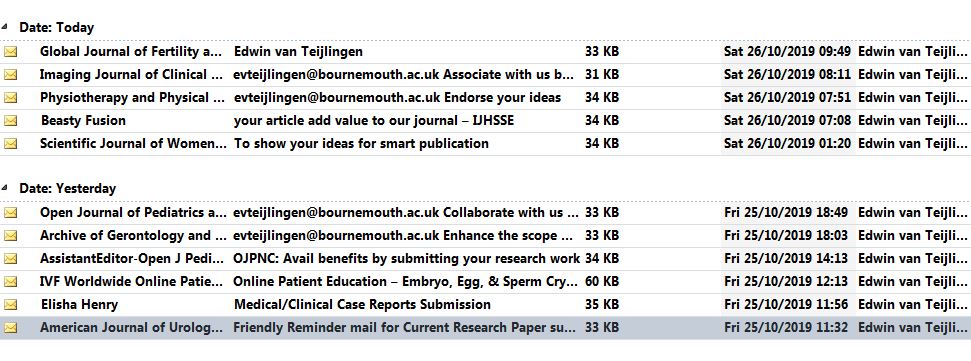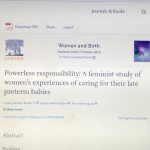Academia has become more demanding than twenty years ago, particularly, the job outwith university. Just this morning I received three requests to review a paper. Each from a very reputable journal and a each a legitimate requests, i.e. I asking me to assess a paper in a my academic field. 
Reviewing papers and grant applications is, of course, part of my academic responsibilities, and hence part of my scholarly practice. But I am already reviewing five NIHR (National Institute for Health Research) grant applications this weekend, as well as an other paper for BMC Pregnancy & Childbirth, and there are two PhD theses next my bed which I need to exam. On top of this I have been ignoring several reminder invitations to review a research proposal for the Croatian Science Foundation, as I simply do not have time to do so, however, much I would like to do so.
 The forthcoming REF 2021 is not helping. UK academics are frantically submitting their manuscripts to academic journals to have them in print before the end of 2020, to beat the REF 2021 deadline. The flip-side of this reviewing coin is that my collaborators and I have had three papers turned down in the past year by a reputable journal as it could not find appropriate reviewers. Three articles on three very different aspects of our work, one a UK-based study, one a European study and one a study based in Nepal. For two of these manuscripts the journal took nearly a year to come back to us, wasting the chance to submit the paper elsewhere.
The forthcoming REF 2021 is not helping. UK academics are frantically submitting their manuscripts to academic journals to have them in print before the end of 2020, to beat the REF 2021 deadline. The flip-side of this reviewing coin is that my collaborators and I have had three papers turned down in the past year by a reputable journal as it could not find appropriate reviewers. Three articles on three very different aspects of our work, one a UK-based study, one a European study and one a study based in Nepal. For two of these manuscripts the journal took nearly a year to come back to us, wasting the chance to submit the paper elsewhere.
Perhaps it is due the rose-tinted spectacles of looking at the past, perhaps is it simply my level of seniority (compared to twenty years ago) but I don’t think so. The underlying trend is that the volume of papers submitted to journals is growing faster than the number of academics volunteering to review. This blog is, therefor, also a call for my academic colleagues to step up and agree to review on (extra) paper. Interestingly, I made a not dissimilar call in a BU Research Blog eight years ago! Unfortunately, the overall situation has not improved.
 I haven’t even mentioned the exponential growth in email requests to academics submit papers to so-called predatory journals! I counted 15 requests in the past two days alone and it is only 10 AM on Saturday morning so more to follow later today.
I haven’t even mentioned the exponential growth in email requests to academics submit papers to so-called predatory journals! I counted 15 requests in the past two days alone and it is only 10 AM on Saturday morning so more to follow later today.
Prof. Edwin van Teijlingen
CMMPH
 elation to their needs, rather than the focus being almost exclusively on their babies.
elation to their needs, rather than the focus being almost exclusively on their babies.



 The Research Excellence Framework (REF) is the system for assessing research in UK higher education institutions HEIs. Institutions making a submission to the REF 2021 are required to develop, document and apply a code of practice on identifying staff with significant responsibility for research, determining who is an independent researcher and the selection of outputs in their REF submissions.
The Research Excellence Framework (REF) is the system for assessing research in UK higher education institutions HEIs. Institutions making a submission to the REF 2021 are required to develop, document and apply a code of practice on identifying staff with significant responsibility for research, determining who is an independent researcher and the selection of outputs in their REF submissions.
 One issue currently playing is REF2021 changing from using
One issue currently playing is REF2021 changing from using 






















 Dr. Ashraf cited on ‘Modest Fashion’ in The Guardian
Dr. Ashraf cited on ‘Modest Fashion’ in The Guardian NIHR-funded research launches website
NIHR-funded research launches website Academics write for newspaper in Nepal
Academics write for newspaper in Nepal New paper published on disability in women & girls
New paper published on disability in women & girls Global Consortium for Public Health Research 2025
Global Consortium for Public Health Research 2025 MSCA Postdoctoral Fellowships 2025 Call
MSCA Postdoctoral Fellowships 2025 Call ERC Advanced Grant 2025 Webinar
ERC Advanced Grant 2025 Webinar Horizon Europe Work Programme 2025 Published
Horizon Europe Work Programme 2025 Published Horizon Europe 2025 Work Programme pre-Published
Horizon Europe 2025 Work Programme pre-Published Update on UKRO services
Update on UKRO services European research project exploring use of ‘virtual twins’ to better manage metabolic associated fatty liver disease
European research project exploring use of ‘virtual twins’ to better manage metabolic associated fatty liver disease